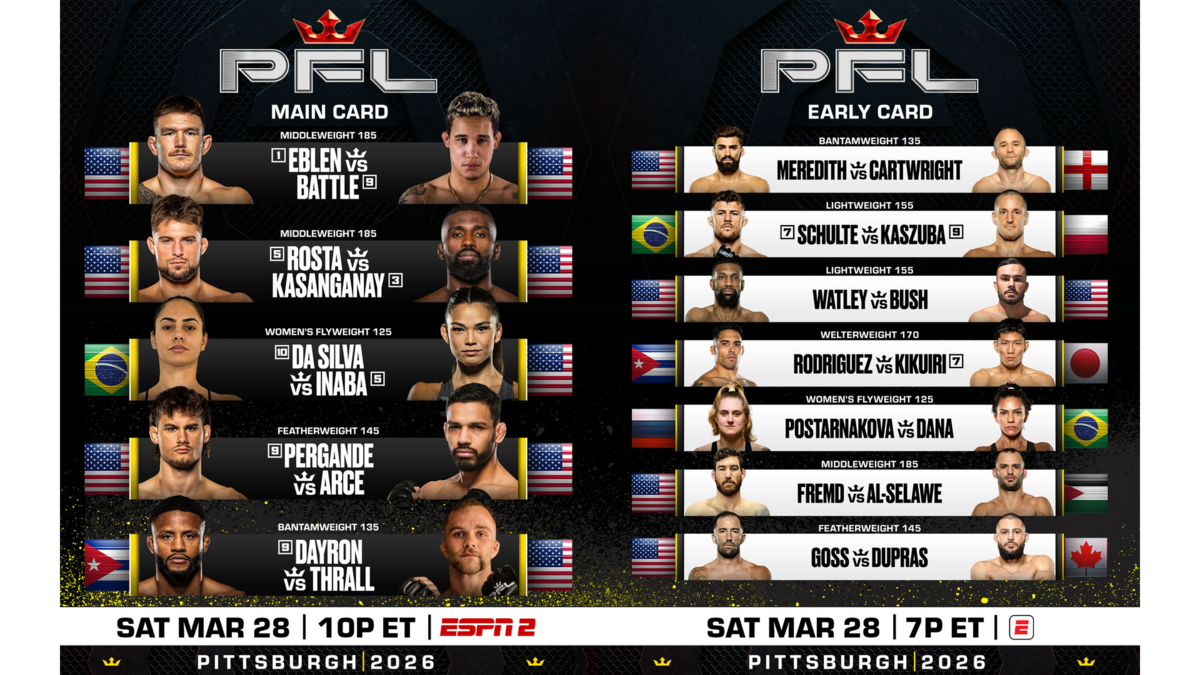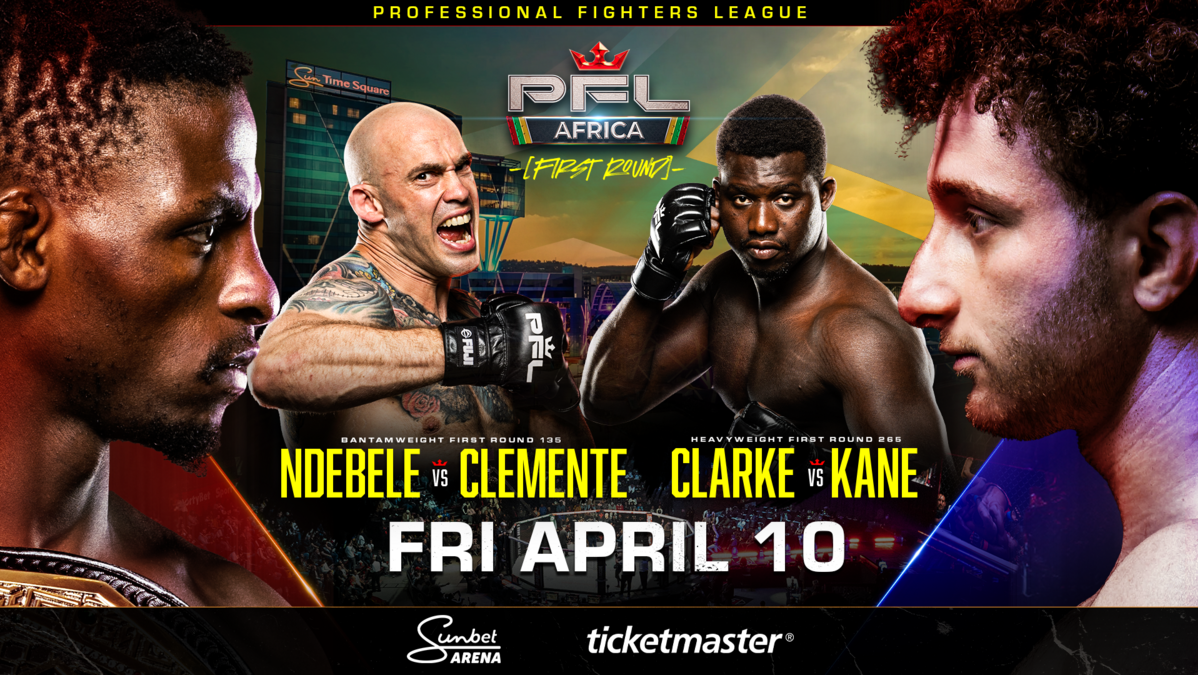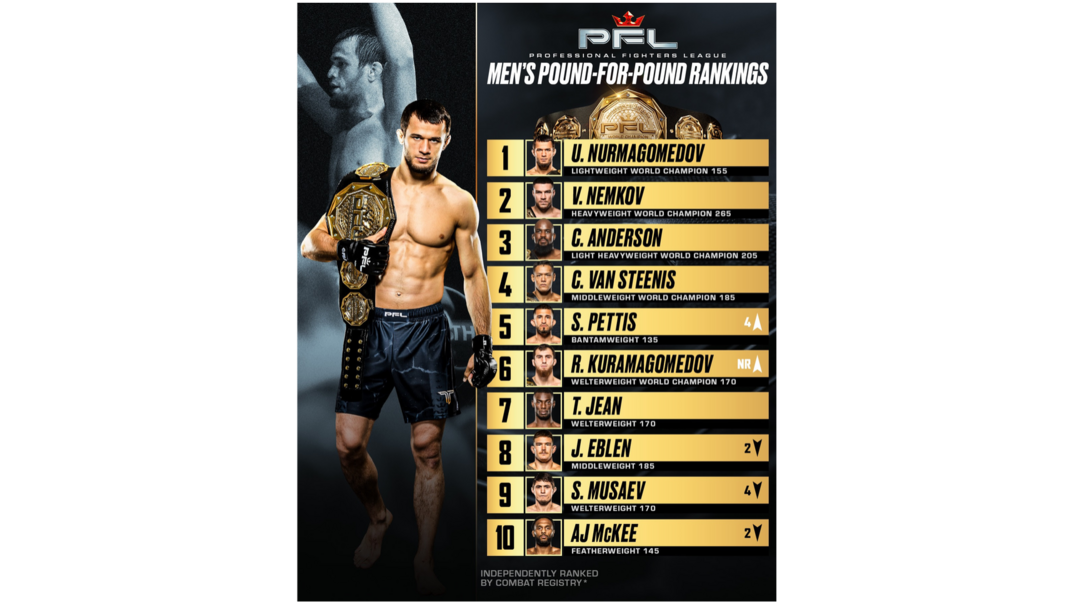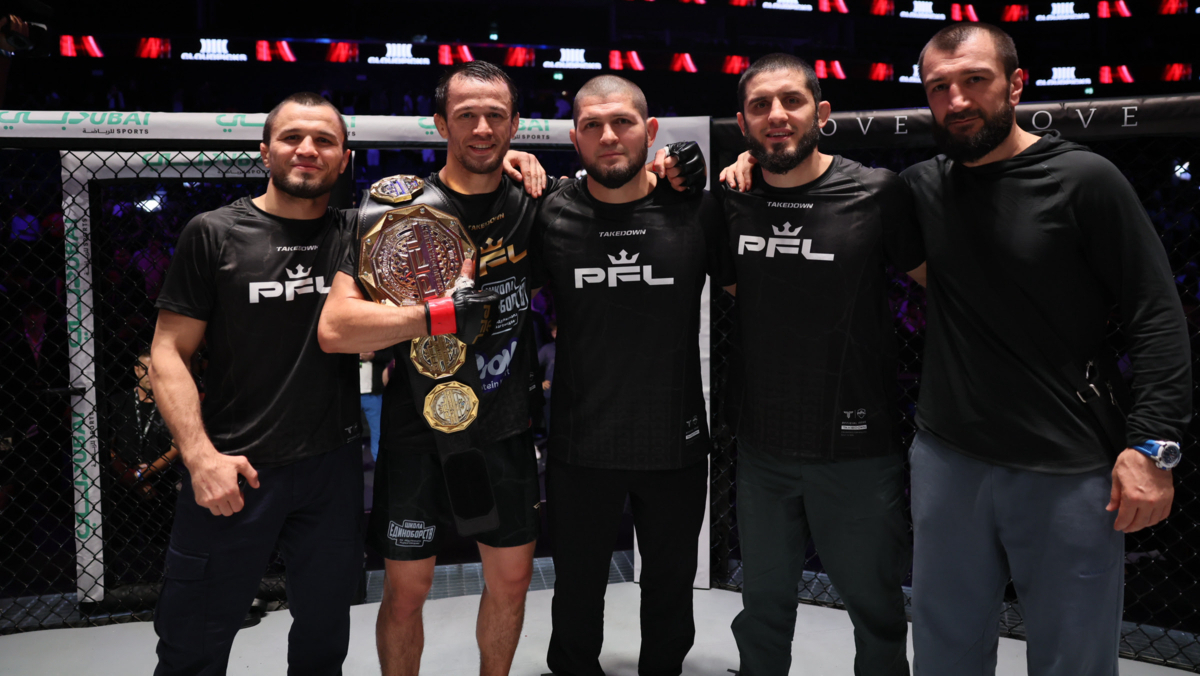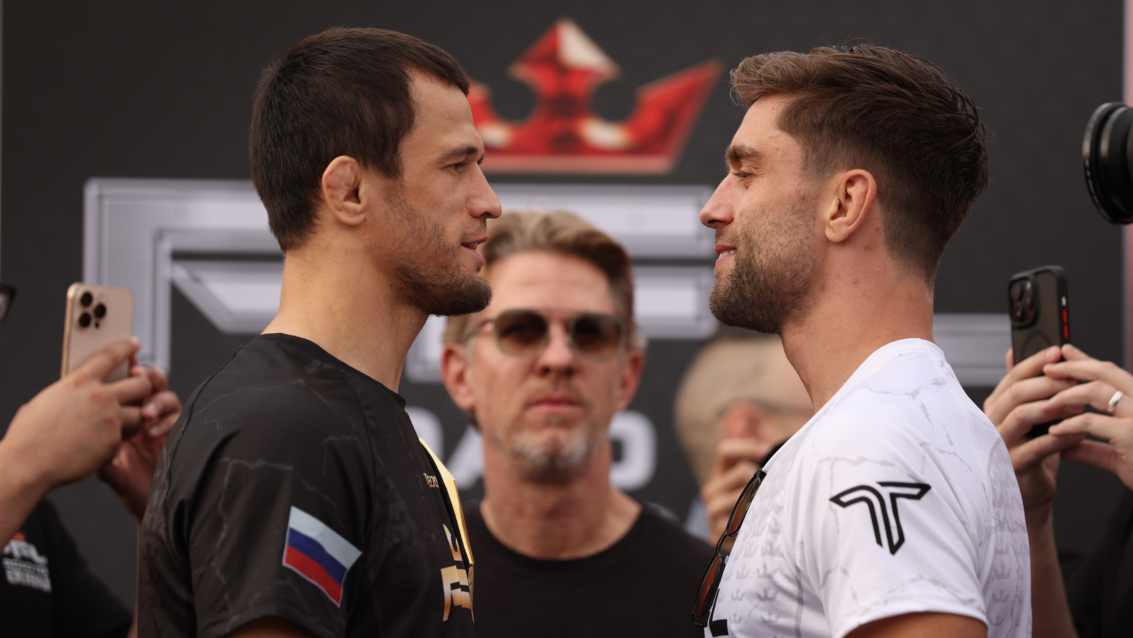BACK TO NEWS

‘When I fight, I can feel my soul alive,’ says Hattan Alsaif, Saudi Arabia’s groundbreaking MMA star
May 29, 2024 | PFL

Hattan Alsaif has grown accustomed to sparring with men. Rarely shy about confronting heavier, stronger opponents, she knows what it’s like to absorb blow after blow until tears begin to shine in her eyes, her face red and hot from crying.
As one of the few women at her gym in Riyadh, Saudi Arabia – and the only woman hopeful of fighting at an elite level – Alsaif had little choice but to train with and against her male counterparts when she first took up martial arts. She credits her sometimes brutal introduction to the sport as one of the reasons for her success.
“I was the only girl doing it day and night, day and night, day and night,” Alsaif told CNN Sport. “I always spar with guys, I train with guys, I’m always with the guys in the gym.
“It’s not an easy thing, so when it comes to the cage, when I get a hit from a girl, I feel like, ‘Whoa, is this all you’ve got?’”
The 22-year-old had already made history in MMA, even before her atomweight bout against Egypt’s Nada Faheem on Friday, which she won by knock out in the second round.
In January, Alsaif signed a contract with the Professional Fighters League (PFL), making her the first woman from Saudi Arabia to join a global MMA promotion.
It was a notable moment in a country known for its socially conservative attitudes, where sporting opportunities have historically been limited for women. The Saudi women’s soccer team only played its first match two years ago, while a domestic soccer league wasn’t established until 2020.
Alsaif is acutely aware of her status as a trailblazer for female MMA fighters in Saudi Arabia and takes such a responsibility seriously.
“It’s big, to be honest, because I’m going to be carrying this thing my entire life,” she said, speaking to CNN before her MMA debut fight on Friday. “It’s a bit heavy to carry it, but I’m excited and proud to be the person to do it.”
Alsaif endured a difficult upbringing, orphaned at the age of 10 after both of her parents died in a short space of time. She says she battled depression during her teenage years before finding solace in martial arts, helping her to discover a sense of purpose and peace.
“I didn’t have a normal childhood or an easy childhood because of the loss of my parents,” said Alsaif. “But after God, martial arts helped me a lot – so, so, so much. It changed my life 100% for the better.
“That’s why I’m so addicted to martial arts. I don’t want to stop doing [it] because it’s just the thing that makes me feel alive. I feel I’m alive when I train, when I fight, in the gym – I can feel my soul alive.
BACK TO NEWS




